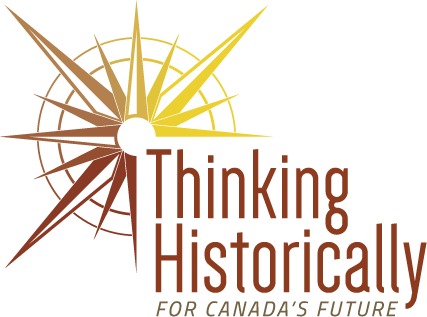Executive Committee
Project Director
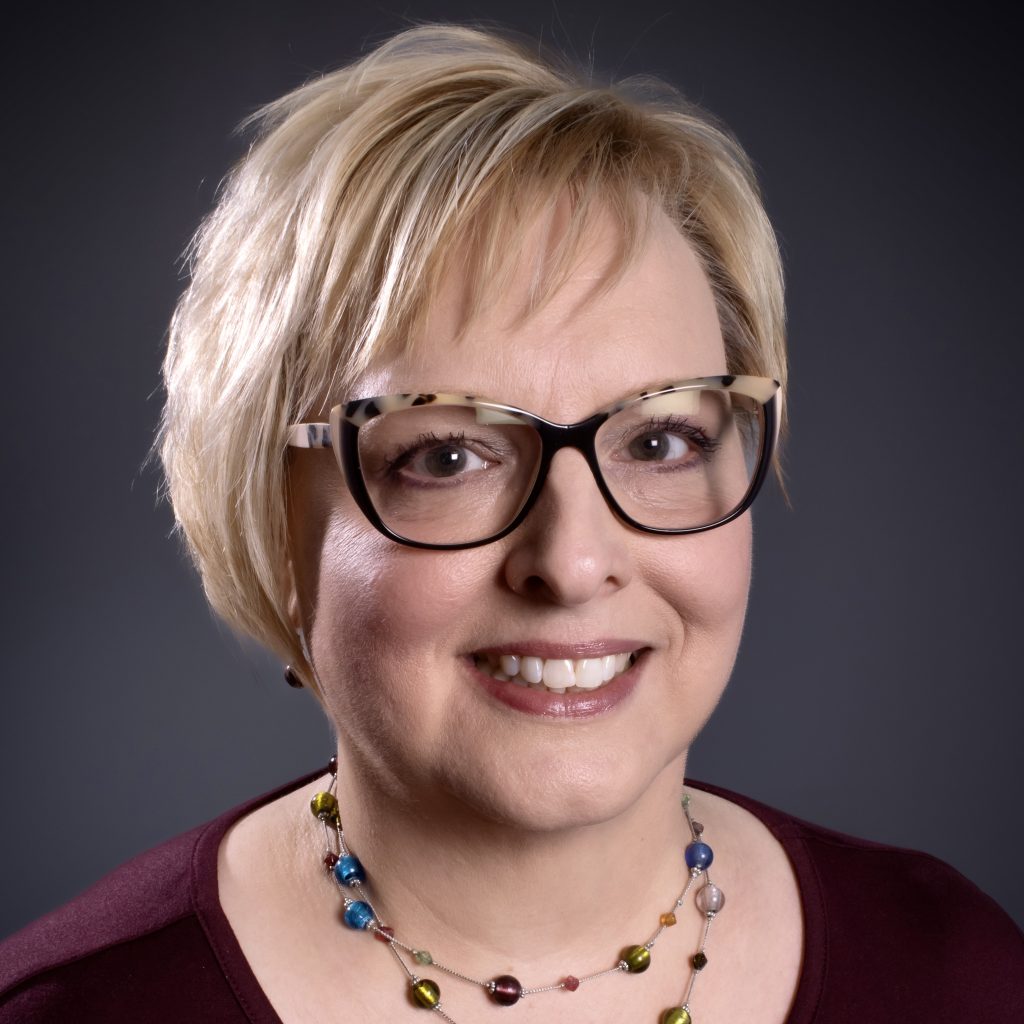
Dr. Carla L. Peck
Carla L. Peck is Professor of Social Studies Education in the Faculty of Education at the University of Alberta and is the Director of the Thinking Historically for Canada’s Future SSHRC Partnership Grant. She researches teachers’ and students’ understandings of democratic concepts, teachers’ and students’ historical understandings, and is particularly interested in the relationship between students’ ethnic identities and their understandings of history. She has held several major research grants and has authored, co-authored, and/or co-edited numerous journal articles, book chapters, and books related to her research interests, including Education, Globalization and the Nation (PalgraveMacmillan, 2016), Teaching and Learning Difficult Histories in International Contexts: A Critical Sociocultural Approach (Routledge, 2018), and the Palgrave Handbook of Global Citizenship and Education (PalgraveMacmillan, 2019). Her most recent co-edited book, with Anna Clark, is Contemplating Historical Consciousness: Notes from the Field (2019, Berghahn Books). Dr. Peck has provided professional development workshops for K-12 teachers in Alberta, across Canada, and internationally and serves as a consultant on numerous boards and advisory groups for provincial, national, and international history and civics organizations. She has been involved in various aspects of curriculum development in Alberta, Canada, and internationally and is actively engaged in political advocacy for quality social studies and history education in Alberta. Dr. Peck received the Alberta Teachers’ Association Public Education Award (2022) and the Province of Alberta’s Queen Elizabeth II Platinum Jubilee Medal (2023) in recognition of this work. Before Carla found her way to academia, she was an elementary school teacher in New Brunswick.
Thinking Historically General Administrator
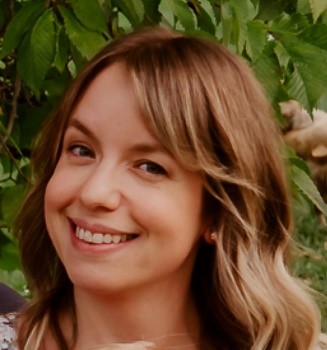
Kelsey Romaniuk
Kelsey began her career in finance after completing her bachelor’s degree from NAIT. She has since moved into executive coordination, most recently with a role supporting leadership at one of Edmonton’s major universities. She has experience in financial management, events, executive support and governance as well as project coordination in both small- and large-scale projects.
Executive Committee Members
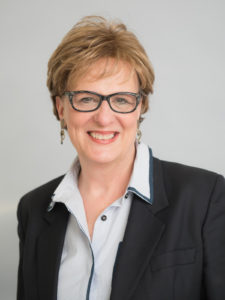
Dr. Penney Clark
Penney Clark is a history educator, historian of education and professor in the Department of Curriculum and Pedagogy at the University of British Columbia. She was Director of The History Education Network/Histoire et éducation en réseau (THEN/HiER) (SSHRC Strategic Knowledge Clusters Grant, $2.1 million) for ten years. She has published widely on history and social studies education and on the history of educational publishing in Canada, and has received publication awards from the Canadian History of Education Association (with Mona Gleason and Stephen Petrina) and the Canadian Association for Foundations in Education (with graduate student Wayne Knights). She is co-editor, with Mona Gleason, of the journal Historical Studies in Education/Revue d’histoire de l’éducation, editor of New Possibilities for the Past: Shaping History Education in Canada (UBC Press, 2011), and co-editor, with Roland Case, of Learning to Inquire in History Geography and Social Studies: An Anthology for Secondary Teachers (TC2, 2020) and The Anthology of Social Studies: Issues and Strategies for Elementary Teachers (TC2, 2016), which are used in social studies teacher education courses across the country. Her most recent book, The Arts and the Teaching of History: Historical F(r)ictions (2020), co-authored with Alan Sears, was published by Palgrave MacMillan.
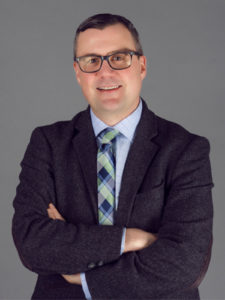
James Doiron
James Doiron is the Research Data Management Strategies Director, University of Alberta Library, and the Academic Director of the University of Alberta Research Data Centre. With an educational and applied research background in the Social and Health Sciences, he has extensive research and data management experience across a wide range of disciplines, areas of focus and data types. Locally, James sits on a number of advisory and working groups, including the University of Alberta’s Institutional RDM Strategy Working Group, Indigenous Research Strategy Task Force, and Health Research Ethics Board as a reviewer. Nationally, James is a member of the Canadian Research Data Centre Network (CRDCN) Board of Directors, the Canadian National Committee for CODATA, and is co-chair of the Digital Research Alliance of Canada’s Data Management Planning (DMP) Expert Group.
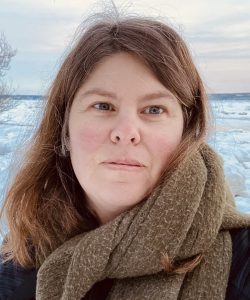
Dr. Catherine Duquette
Catherine Duquette is a Professor of Social Studies and History Education in the Department of Education at the Université du Québec à Chicoutimi (UQAC). She is a member of the Centre de recherche interuniversitaire sur la formation et la profession enseignante (CRIFPE). She is a member of the UNESCO Chair for “la transmission culturelle chez les Premiers peuples comme dynamique de mieux-être et d’empowerment” lead by UQAC’s professor Élisabeth Kaine. She has published several journal articles and book chapters about historical thinking, historical consciousness and the role of assessment in history education in French and in English. Her current research interests include progression models for historical thinking, the impact of provincial examination for history education and the question of assessment. Over the last five years, Catherine (Cate) has worked with the PEI and New Brunswick ministry of education (francophone division) providing professional development for the high school social studies teachers. She was a member of the consultation committee for the Quebec Ministry of Education’s reform of the history of Quebec and Canada curriculum. She teaches with Prof. Carla Peck at the annual Historical Thinking Summer Institute organized by the professor Lindsay Gibson and she has partnered with Canada’s National History Society.
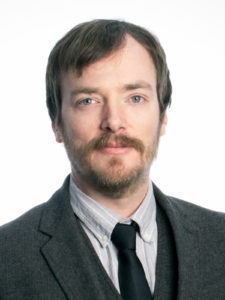
Dr. Lindsay Gibson
Lindsay Gibson is an Assistant Professor of Social Studies and History Education in the Department of Curriculum and Pedagogy at the University of British Columbia. He has published several journal articles and book chapters about historical thinking, historical inquiry, history teacher education, the ethical dimension of history, and assessment of historical thinking. Prior to completing his PhD in Curriculum and Pedagogy at UBC in 2014 Lindsay taught secondary school history and social studies in Central Okanagan Public Schools (Kelowna, B.C.) for twelve years. For more than a decade he has collaborated with organizations including The Critical Thinking Consortium (TC2), Historica, and others to develop learning resources that promote historical thinking and historical inquiry. Over the last five years Lindsay has worked on K-12 social studies curriculum writing teams in B.C. and Alberta, is on the Executive Board of the Historical Thinking Project, and organizes an annual Historical Thinking Summer Institute in partnership with Canada’s National History Society.
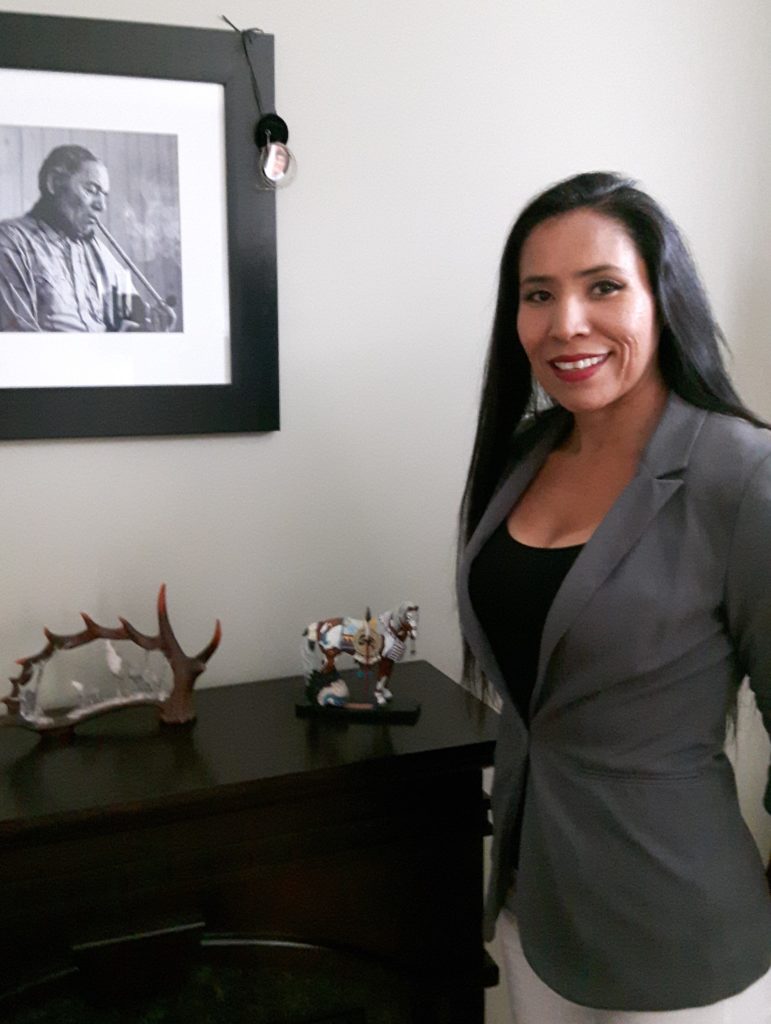
Dr. Gabrielle Lindstrom
Gabrielle Lindstrom (nee Weasel Head) is a member of the Kainaiwa Nation which is a part of the Blackfoot Confederacy. Her teaching background includes instructing in topics around First Nation, Métis and Inuit history and current issues, Indigenous Studies (Canadian and International perspectives), Indigenous cross-cultural approaches, and Indigenous research methods and ethics. Her dissertation research focused on the interplay between trauma and resilience in the postsecondary experiences of Indigenous adult learners. Other research interests include meaningful assessment in higher education, Indigenous homelessness, intercultural parallels in teaching and learning research, Indigenous lived experience of resilience, Indigenous community-based research, parenting assessment tools reform in child welfare, anti-colonial theory and anti-racist pedagogy. As educational development consultant for Indigenous ways of knowing, Dr. Lindstrom works closely with the Taylor Institute and vice-provosts of teaching and learning and Indigenous engagement to advance Indigenous ways of knowing in campus teaching and learning communities, cultures and practices.
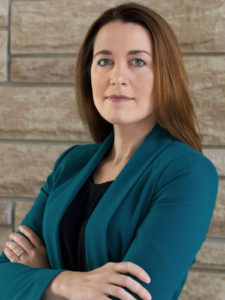
Dr. Kristina R. Llewellyn
Kristina R. Llewellyn is Associate Professor of Social Development Studies at Renison University College, University of Waterloo. She is a member of the Ontario College of Teachers and affiliated faculty with the History Department and Games Institute at the University of Waterloo. Dr. Llewellyn is an expert in oral history education, civic learning, equity in education, and the history of education. Dr. Llewellyn has published numerous books, including The Canadian Oral History Reader (McGill-Queen’s, 2015); Oral History and Education: Theories, Dilemmas, and Practice (Palgrave, 2017), Oral History, Education, and Justice: Possibilities and Limitations for Redress and Reconciliation (Rutledge, 2019). She is currently the Director of the SSHRC-funded partnership Digital Oral Histories for Reconciliation: The Nova Scotia Home for Colored Children History Education Initiative (DOHR, www.dohr.ca) and the SSHRC-funded project Model Citizens: Youth, Global Citizenship, and the Model United Nations.
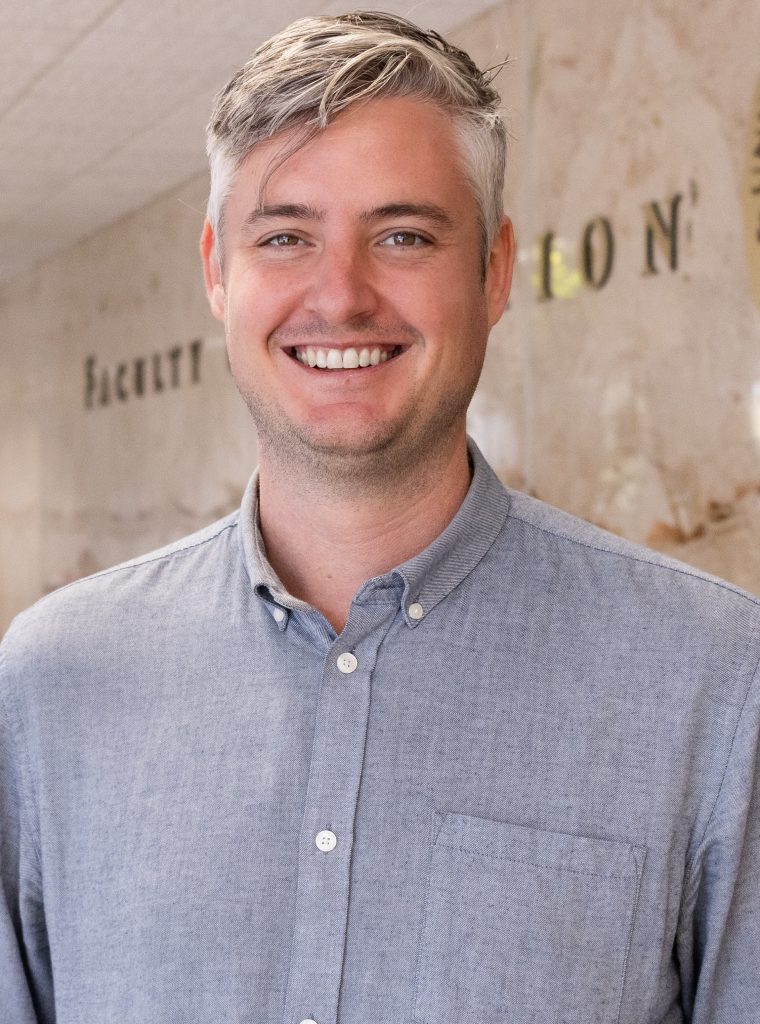
Dr. James Miles
James Miles is an Assistant Professor of Social Studies Education at the University of Alberta. Prior to that, James was a Visiting Assistant Professor at Teachers College, Columbia University. His research explores the teaching and learning of difficult histories in settler colonial contexts and the role of history education in historical redress. James’ research has been published in journals including Theory and Research in Social Education, Journal of Curriculum Studies, Curriculum Inquiry, and the International Journal of Qualitative Studies in Education. James also regularly works with The Critical Thinking Consortium (TC2) and has co-written several textbooks and teacher resource books. For the past three years, James has also co-presented the Virtual Historical Thinking Institute in partnership with Canada’s History. James was previously a secondary school social studies teacher in West Vancouver for 10 years.
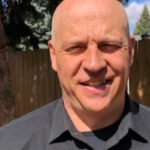
Dr. David Scott
David Scott is an Associate Professor of Curriculum and Learning in the Werklund School of Education at the University of Calgary. His research has focussed on how educators interpret and pedagogically respond to new policy and curricular mandates particularly within the area of social studies and history education. This scholarly focus has included work supported by a Joseph-Armand Bombardier Social Sciences and Humanities Research Council of Canada funded doctoral study (2012-2015) examining how non-Indigenous educators in Alberta negotiated curricular directives to engage Indigenous historical experiences. Supported by a Global Affairs Faculty Mobility Program grant, he has also examined how Brazilian educators understand and make sense of recent curricular initiatives seeking to promote the teaching of Afro-Brazilian and Indigenous histories. Situated within the larger scholarship of curriculum reform and change, his current line of research focusses on how societal actors from historically marginalized communities are engaging in public political action aimed at reshaping curriculum reform efforts. Dr. Scott has co-edited 1 academic book, authored or co-authored 12 peer-reviewed journal articles, and published 7 book chapters in referred edited collections.
Partner Representatives
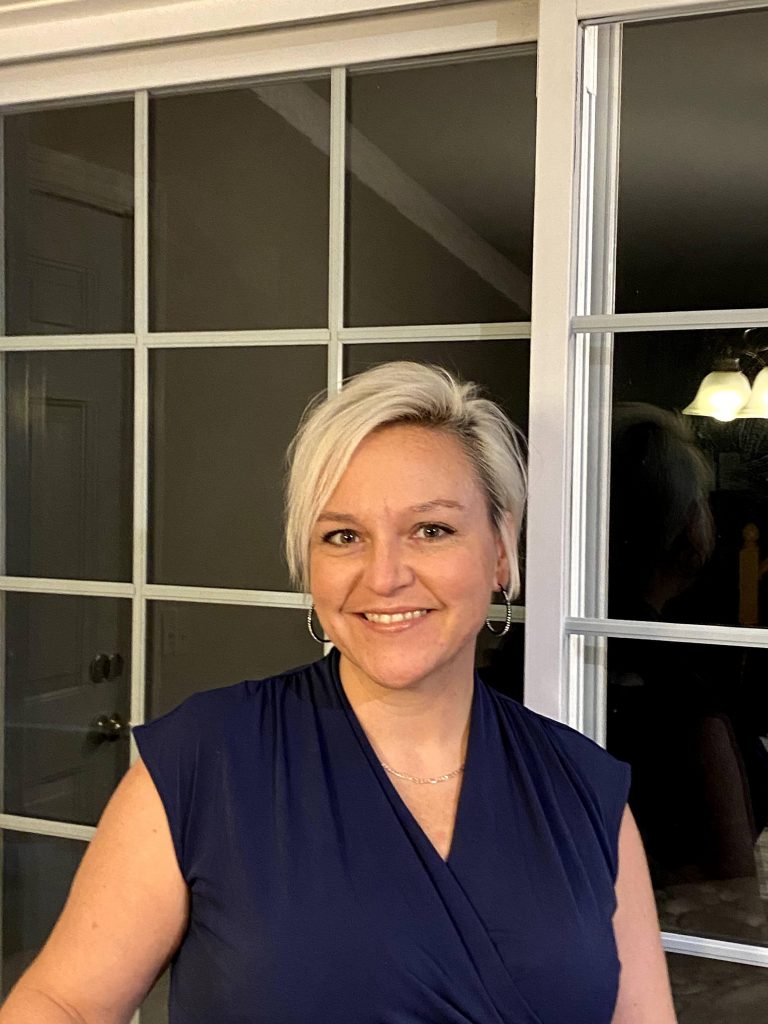
Catherine Boisvert
Catherine Boisvert is President of AQEUS, an important partner in Thinking Historically for the future of Canada, since its inception. She is also president of the CPIQ. A full-time secondary school social studies teacher and mathematics resource teacher, she has previously worked for the Quebec Ministry of Education, proposing an overhaul of social studies programs at the primary level. She has been a lecturer at the Université de Sherbrooke in social studies didactics in special education and geography didactics, as well as a teaching internship supervisor. In short, a field teacher.
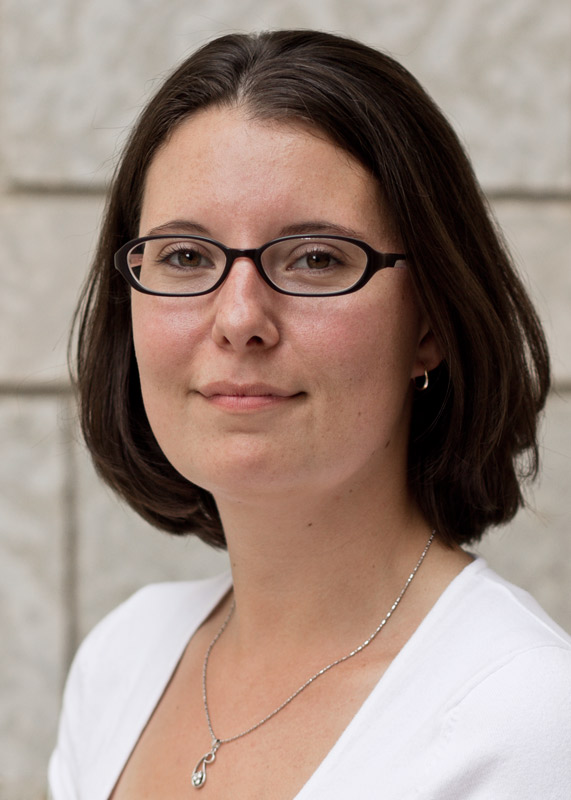
Joanna Dawson
Joanna Dawson is the Director of Programs for Canada’s National History Society (“Canada’s History”), a not-for-profit organization dedicated to making Canadian history relevant, engaging, empowering, and accessible. Joanna provides oversight and strategic direction to the organization’s education, recognition, and youth programs, including the Governor General’s History Awards, the Canada’s History Forum, Heritage Fairs, and the Historical Thinking Institute (in partnership with Thinking Historically for Canada’s Future). Through her work at Canada’s History, Joanna sees the many ways that students and teachers are using historical thinking to engage more deeply with the study of the past. She is honoured to support history educators by highlighting their work and facilitating connections and collaborations. Joanna holds a Masters in Public History from Western University.
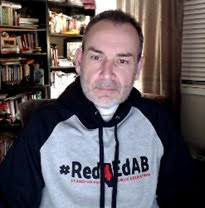
Craig Findlay
Craig Findlay is in his 30th year of teaching, with most being in a high school social studies classroom. Craig has worked with the Government of Alberta and the Southern Alberta Professional Development Consortium on the development and implementation of the current high school social studies program. Craig has been a social studies instructor with the University of Lethbridge Faculty of Education and has served in executive roles at the local and provincial levels of the ATA Social Studies Specialist Council. Craig was involved with the ATA sponsored Finland-Alberta International Research Project and served on the provincial ATA Strategic Planning Group and Curriculum Committee. Craig has been acknowledged with a Prime Minister’s Award for Excellence in Teaching and is an inductee into the University of Lethbridge Alumni Honour Society. Over the past six years Craig has been on a personal and professional journey towards deepening understanding of traditional indigenous ways of knowing and being, focused on renewing relationships to the land and stories of the place he calls home.
